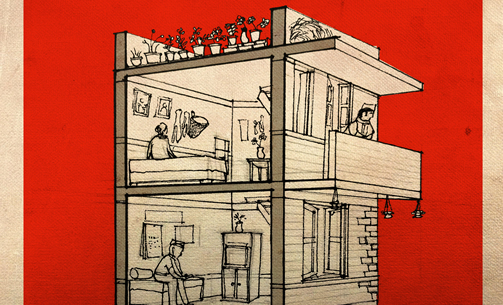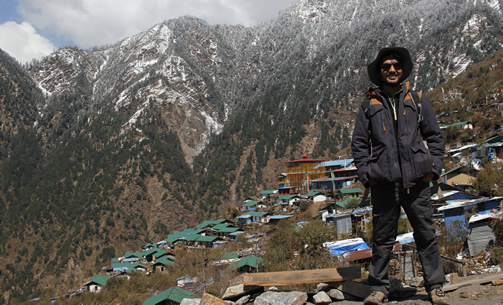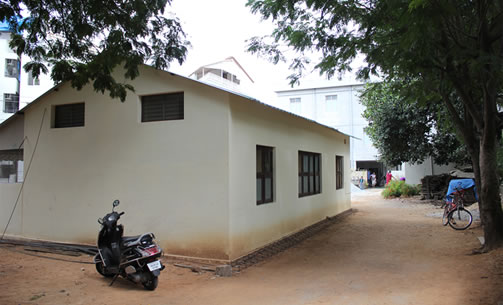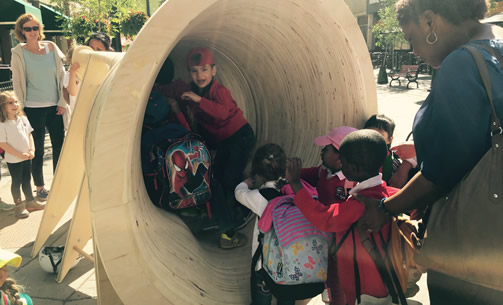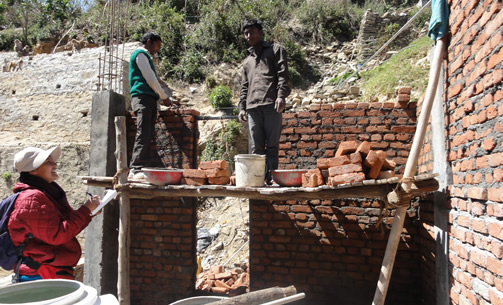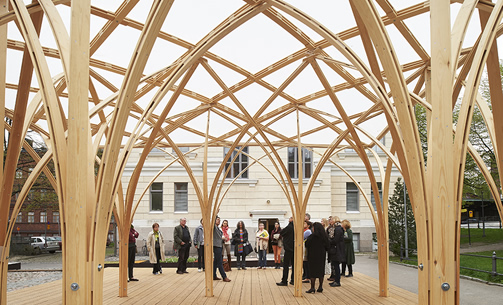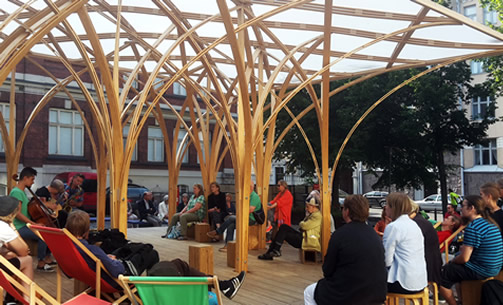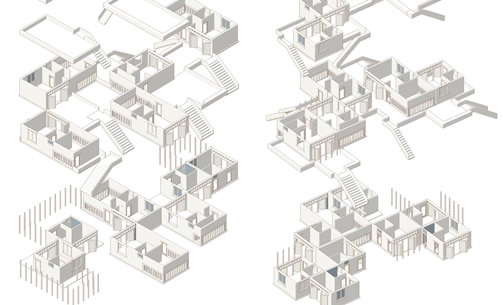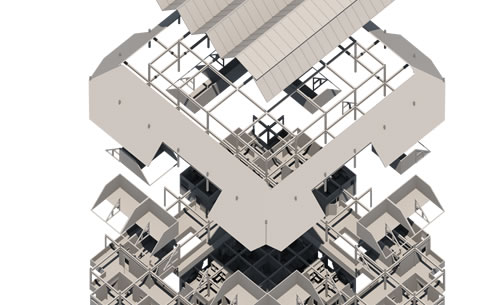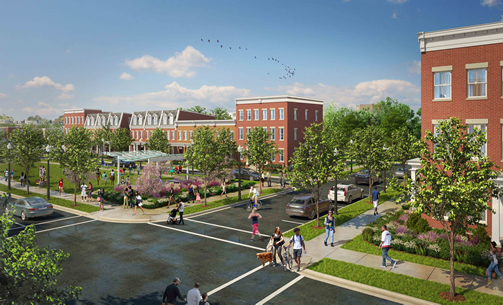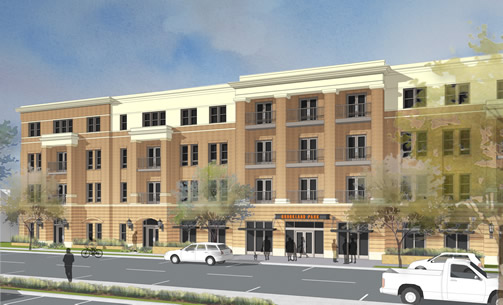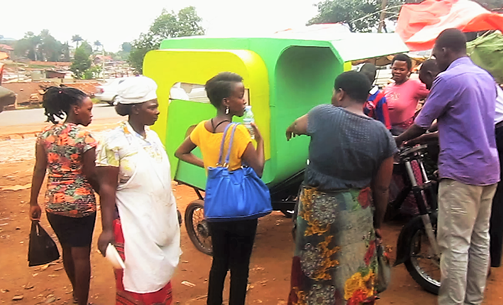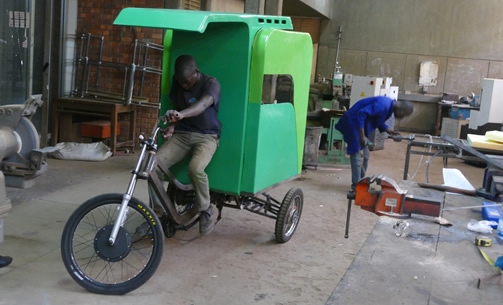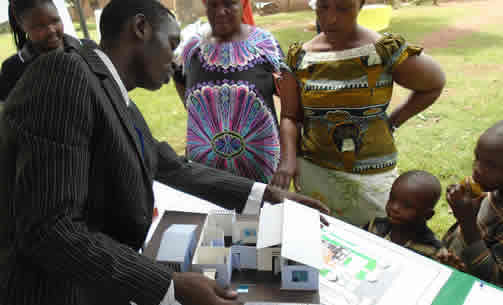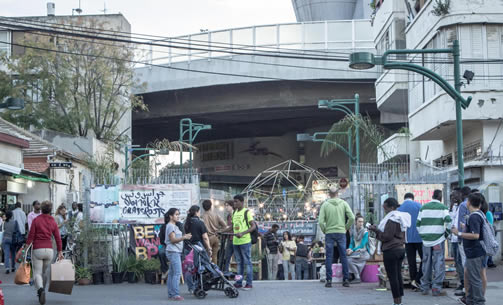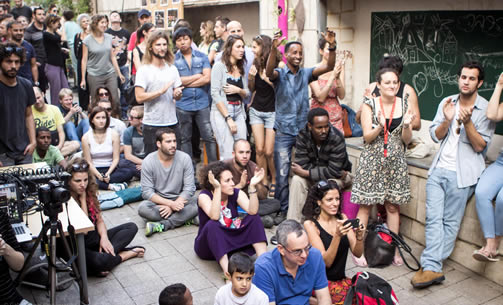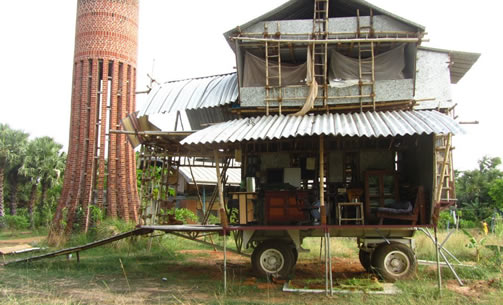To EnterHere are the ground rules: The purpose of your Community Service project is to further your understanding of the social art of architecture by allowing you to implement some aspect of this year's topic you have identified in your Berkeley Prize Essay competition proposal. Your proposal should be for one of the following two options:
In either of the above cases, this Fellowship opportunity is intended to take place in your local community where you must follow all local restrictions then in force in response to the COVID-19 pandemic. No proposal will be entertained for any work outside of your local community or that would require on-site research outside of your local community. A limited virtual component that would connect you with any needed resources outside of your community will be considered. Most importantly, all proposals MUST be realistic and have realizable goals. We are not asking you to take on the world here; to the contrary, we are asking that you propose something that is doable today using your knowledge base and resources that you believe you can assemble to make the proposal a reality. Submission requirements: One of two options: 1) A 1250-word Community Services Fellowship Proposal to include an action plan for the future community services program you hope to develop that includes: the specific steps required, anticipated specific community and governmental outreach, and the anticipated specific staffing and resources that would be required for the program to become a reality. Your Fellowship proposal should include:
(b) A time-table for the completion of the above work; and (c) A budget covering any anticipated expenses. (d) You must provide a letter of recommendation from a faculty member in your academic institution who is familiar with your proposal and who will confirm that your proposal is suited to your abilities. - O R - 2) A description of the existing program or organization you hope to join as a volunteer and the specific responsibilities you will be expected to fulfill. Your Fellowship proposal should include: (a) The rationale for the proposal:
(b) The schedule and overall length of time for your volunteer activities; and (c) A budget covering any anticipated expenses. (d) Reference to published material regarding the program/organization should be included with your proposal, preferably including a website address that includes the name of a contact person. If you are selected for the Fellowship, you will be expected to provide a letter from the head of the program/organization formally inviting you to participate. 3) Prior to receiving any funding, you will be asked to submit an Indemnification form provided by the Berkeley Prize and a letter confirming that you are in adequate health to undertake the work you propose. NOTE: The Berkeley Prize is adamant that no student should place themselves in a situation that would unduly expose them to the COVID-19 virus, for instance, volunteering in a health care setting, etc. The Prize Committee will reject any proposals that in the Prize’s estimation indicates that the student is putting themselves in particularly heightened risk.
Awards: 1) The Berkeley Prize will provide a stipend of up to 3750USD for each Community Service Fellowship that is awarded, to be paid in installments during the course of the Fellowship. 2) The prize amount will be based on your budget for the project you select, including the hours you anticipate, travel and other incidental costs within your community, costs associated with possibly initiating the first step in a program, etc. 3) Winning students whose budgets exceed the prize limit will be asked to prove that they have the additional funds needed to fully complete their proposed program. 4) The award is provisional, based upon your ability to provide the Berkeley Prize Committee with the required details and documents related to your Proposal for your program. 5) If you volunteer with an existing program/organization, the amount and/or form of the contribution to that organization will be determined on a case-by-case basis by the Prize Committee. Submission: SUBMIT YOUR COMMUNITY FELLOWSHIP PROPOSAL NOW If you are ready to submit your Proposal and Letter of Recommendation, please follow the link above. You may return as many times as you like to modify your Proposal. Please scan your letter of recommendation. These can be uploaded directly to your Application page. NOTE: If you entered the Essay Competition as a team, each member is eligible to apply for the Community Services Fellowship individually. To do so, the second teammate should create a new account, then notify the administrator at info@berkeleyprize.org in order to be advanced to Semifinalist and allowed to participate. Proposals due any time before 23:59 GMT, 15 March 2021 Additional Help and InformationAre you in need of assistance? Please email info@berkeleyprize.org. |
|

